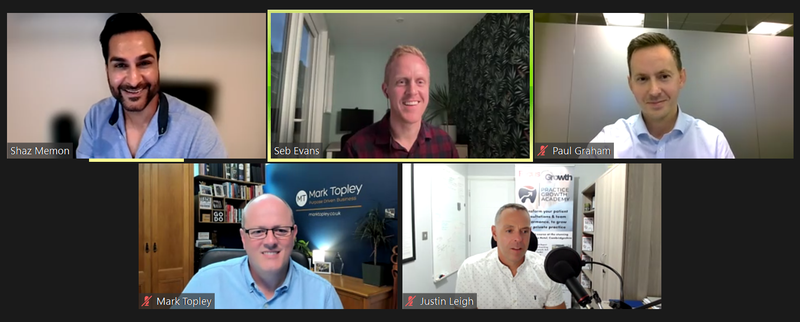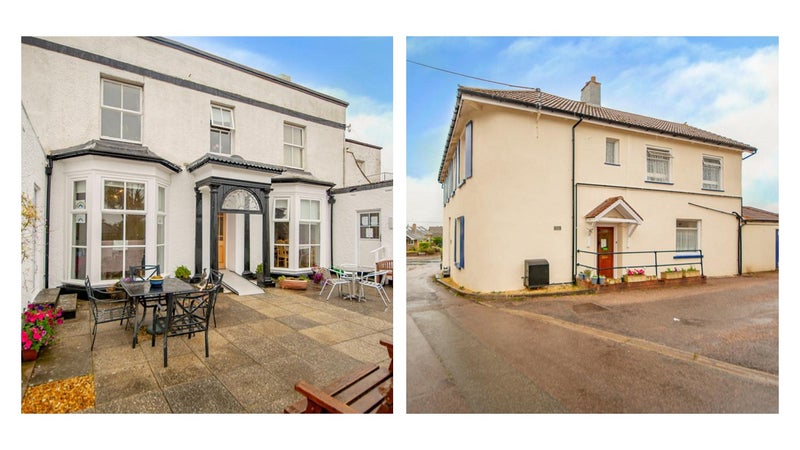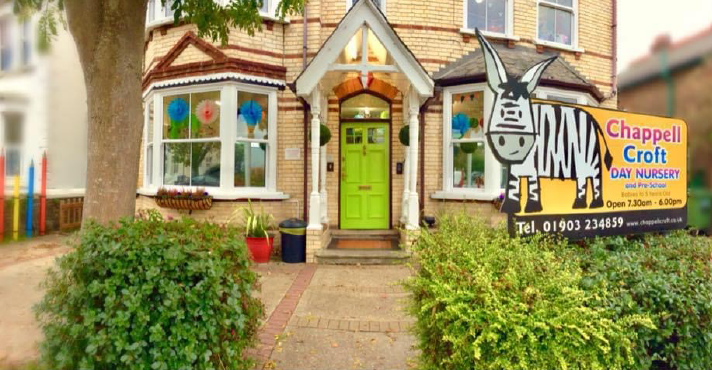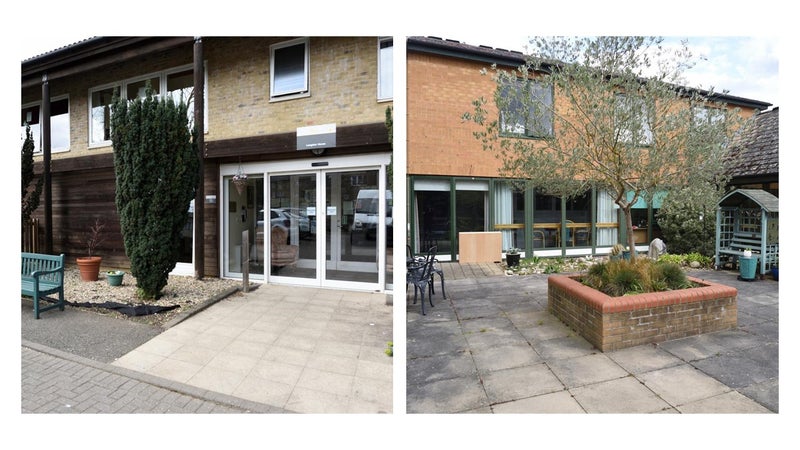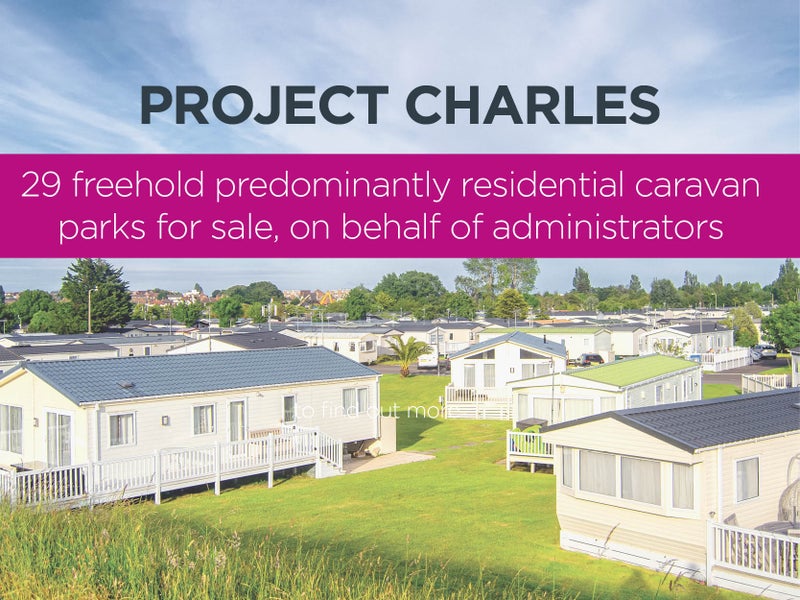Women in Healthcare Property Forum roundtable discussion
Last month, Christie & Co had the pleasure of hosting a roundtable discussion for the Women in Healthcare Property Forum (WIHPF), getting together operators and professionals in the industry to share some fascinating insights.
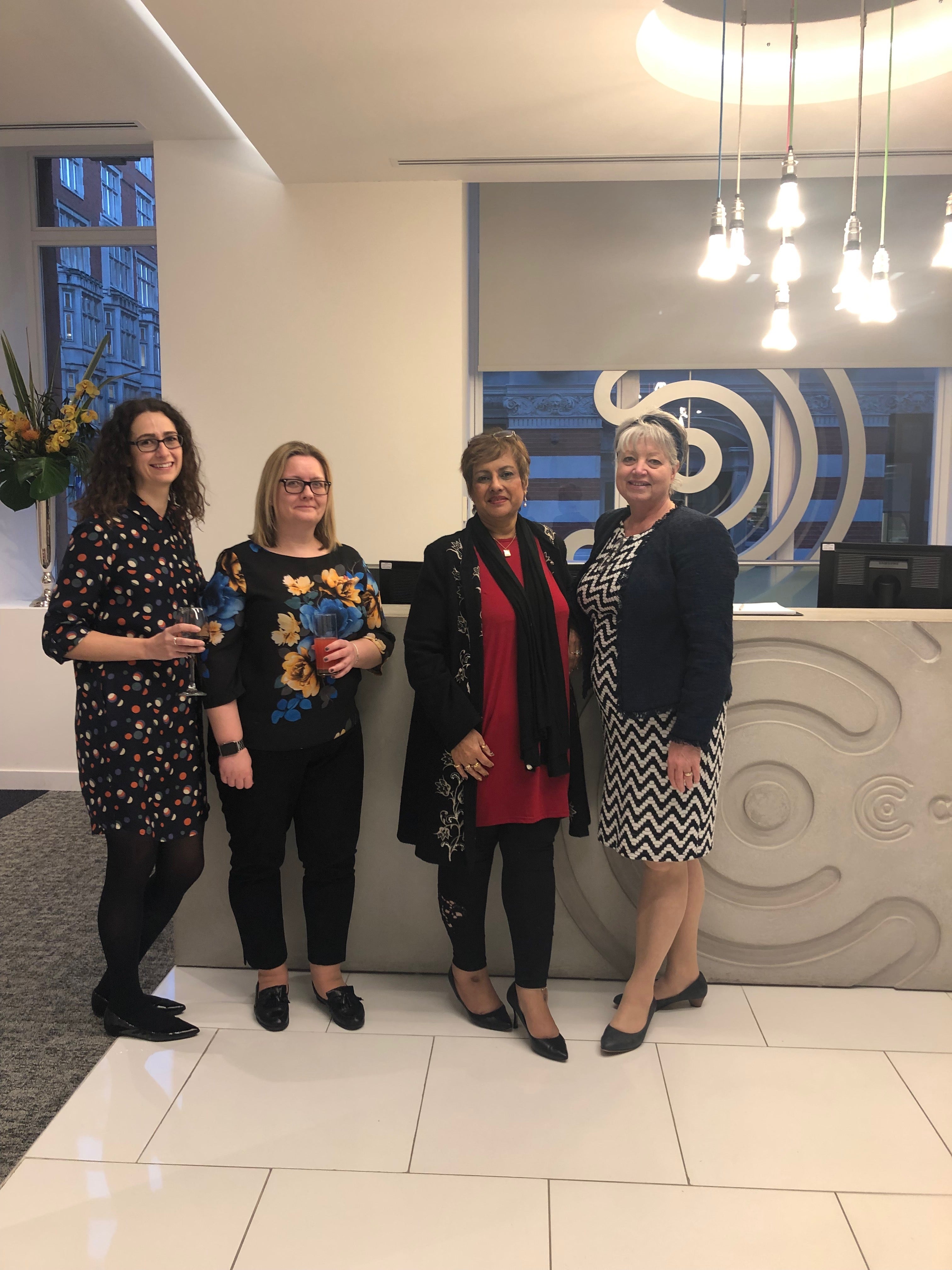
Gathering at Christie & Co’s London head office, the group consisted of WIHPF members from across the sector and we were delighted to have Nadra Ahmed OBE, Chairman of the National Care Association as the guest speaker.
Having given us an outline of her extensive background in the sector, from operating care homes to lobbying government and consulting on new legislation, Nadra also discussed her work through the National Care Association and the current hot topics in healthcare.
Conversation at the table ranged from the impact of negative media coverage on care homes, the challenges in recruitment, staff retention and training, managing costs, funding and future innovation.
A considerable part of the discussion centred around the general public’s perception of the care industry during which Nadra made the point that in the mainstream press negative stories far outweighed the positive, to which there was universal agreement around the table. It was felt that the positive aspects of care should be promoted more widely, with an emphasis on the life enriching aspects of care home life, such as the alleviation of loneliness, improving quality of life and life expectancy. Those in the room agreed that the sector as a whole needed to work together to change perceptions, whilst at the same time continually improving quality.
The attendees discussed the high levels of regulation that must be adhered to in the sector and that unfavourable press had generated calls for reactive, costly and arguably extreme proposals. For example, touched upon in the discussion was the potential of having security cameras in care homes, which has been the recent subject of some campaigns. Whilst many operators around the table agreed that they weren’t against monitoring residents for safety, the sentiment was that cameras don’t offer any preventive measures for potential dangers and in fact could infringe on residents’ right to privacy.
All of those at the roundtable identified their staff as the main asset for their business without whom it would be impossible to achieve both a ‘home from home’ and a professional care setting for their residents. There was no doubt in the room that care staff deserve more recognition and remuneration for their hard work and dedication, but due to lack of government funding, many providers are unable to offer favourable remuneration packages and career enhancing training. Unfortunately, it’s a catch-22 situation with higher staff turnover levels for low paid staff and a greater need for agency use to cover staff vacancies.
Inevitably, funding issues continued to be the focus of much discussion, as did Brexit, with Nadra highlighting that 18% of the care workforce are migrants. With change essential in order to overcome the challenges with funding and staffing, this only appears achievable through new government policies, to ensure the future of social care.
It was hoped by those in the room that with the help of bodies such as the National Care Association, Care England and the National Care Forum, providers’ concerns will be heard and addressed.
The roundtable discussion undoubtedly cultivated thoughts and opinions which illustrate where we are as a sector today. It was encouraging to leave the discussion having also touched upon the positive improvements through research and investment in the sector, which we all agreed is only set to continue as healthcare inevitably aligns with an aging population and the introduction of new technologies.
